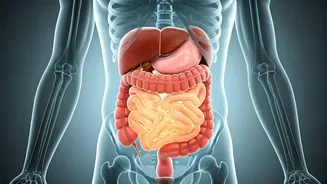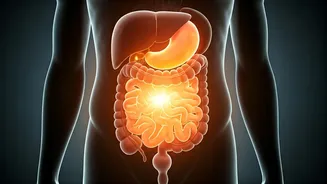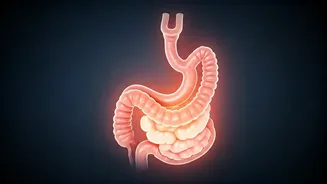Ginger tea, a staple in many Indian households, offers numerous benefits, but could there be a flip side? Let's delve into 5 potential side effects that may surprise you.
Digestive Discomfort
While ginger can aid digestion, excessive intake might lead to issues like bloating, gas, and heartburn. Some individuals report experiencing mild digestive discomfort after consuming ginger tea. Remember, moderation is key when incorporating ginger into your daily routine, especially if you have a sensitive stomach. Always listen to your body!
Blood Thinning Risks
Ginger has natural blood-thinning properties. For those on blood-thinning medications or with bleeding disorders, this could be problematic. It's crucial to consult with a healthcare professional before adding ginger tea to your regimen. This is especially important if you're planning any surgery or have existing health concerns.
May Lower Blood Sugar
Ginger may reduce blood sugar levels. Diabetics should be cautious and monitor their glucose levels. If you're on diabetes medication, this effect could be amplified, potentially leading to hypoglycemia (low blood sugar). Always consult your doctor to avoid any complications. Regularly monitor your sugar level.
Possible Drug Interactions
Ginger can interact with certain medications, including those for blood pressure and diabetes. It's vital to check with your doctor or pharmacist to ensure there are no adverse interactions if you take any prescribed medications. Remember, being informed helps in maintaining your overall health and well-being, especially when integrating new dietary habits.
Mouth Irritation Potential
Some people may experience mouth irritation or a burning sensation from ginger tea, especially if they are sensitive to spicy foods. The intensity varies, but it’s generally a mild issue. If you find this to be the case, try diluting your tea or reducing the amount of ginger used. This simple step will help enhance your enjoyment.











